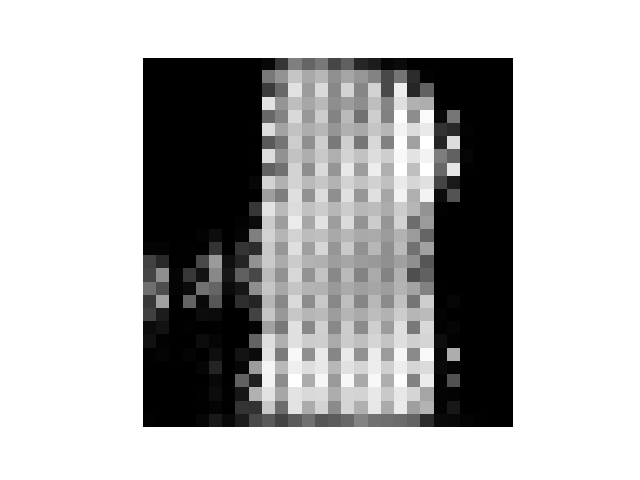Generative Models for Fashion-MNIST
Implemented and compared four different generative machine learning models applied to the Fashion-MNIST dataset.
Overview
This project explored various generative models for creating synthetic fashion images using the Fashion-MNIST dataset. The focus was on understanding and implementing different approaches to generative modeling and comparing their effectiveness.
GAN Training Progression
Watch how our GAN model improves image generation quality across training epochs.

The animation shows how generated fashion images evolve and improve as the GAN model trains through 30 epochs. Click the progress bar to jump to any epoch or use the controls to navigate.
Approaches
GANs
Implemented Generative Adversarial Networks for fashion image generation.
VAEs
Developed Variational Autoencoders for fashion image generation and reconstruction.
Conditional GANs
Created Conditional GANs for class-specific fashion image generation.
Conditional VAEs
Implemented Conditional VAEs for controlled fashion image generation.
Results
- Successfully generated high-quality fashion images
- Achieved stable training for all models
- Developed effective evaluation metrics
- Created interactive visualization tools
Technical Details
- Used TensorFlow and Keras for model implementation
- Developed custom training loops
- Implemented various loss functions
- Created comprehensive evaluation pipeline